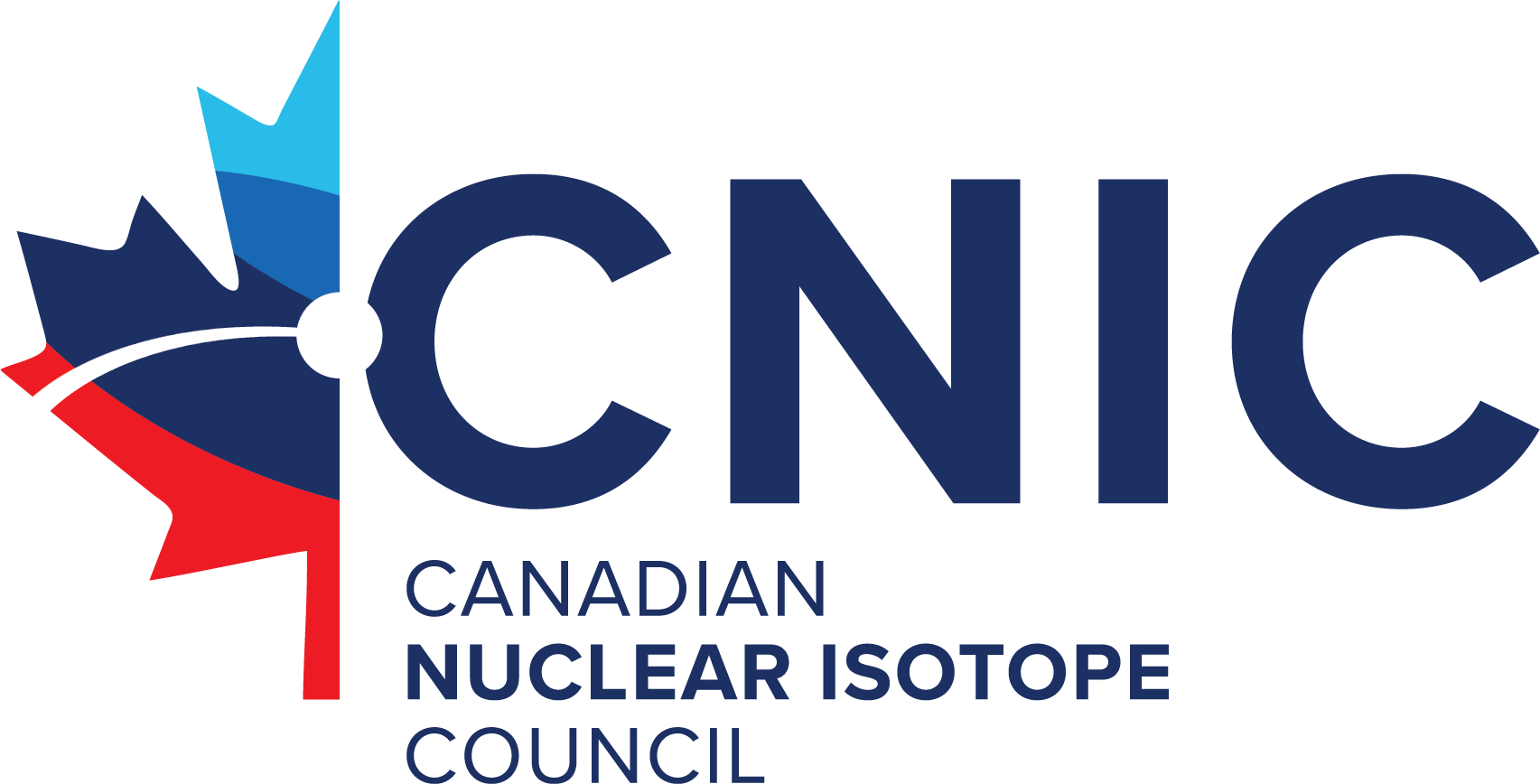All across Canada, provincial leaders in the Health, Energy, Natural Resources and Research and Innovation portfolios are receiving an information package today from the Canadian Nuclear Isotope Council (CNIC) as it continues to push for a Pan-Canadian Strategy on isotopes.
Last Year the CNIC released a first-of-its-kind report highlighting the need for strong Canadian leadership to ensure a domestic and international supply of medical isotopes. The report made it clear that Canada must enable investment in its isotope infrastructure and ensure the building blocks are in place for the sector to remain a global leader.
For this to happen, the CNIC has advocated for the federal government to collaborate with provincial ministers of health and other stakeholders to develop and implement a Pan-Canadian Strategy for Isotopes. The strategy would integrate and support Canada’s leadership role in the supply, distribution and development of isotopes for medical and industrial applications.
“Canada’s nuclear isotope program pioneered a new era in cancer-fighting treatments and research and development using isotopes,” said James Scongack, Chair of the CNIC. “Without a champion, however, Canada and the provinces risk ceding that leadership role. This should concern all Canadians, as no one wants to wake up in a world where patients don’t have access to life-saving cancer treatments.
“That’s why 63 per cent of Canadians support the development of a national strategy for isotopes to ensure Canada remains at the forefront of this sector.”
During the ongoing COVID pandemic, the demand for medical isotopes has increased and Canada’s isotope sector has been critical in helping in the fight against this deadly coronavirus. Specifically, given the high demand for sterile personal protective equipment (PPE), there’s been a global increase in the use of Cobalt-60 for irradiation which sterilizes medical devices such as sutures, gloves, gowns and syringes. While other sterilization methods take between 7-14 days before products are available for use, irradiation technology powered by cobalt ensures these materials are now being processed within a day.
Despite this increasing demand, supply chain challenges continue to test the sector. The production and distribution of medical isotopes is a just-in-time activity conducted along a complex chain of global public and private sector entities. The products generally have a short shelf life of effectiveness due to their half-lives.
“While the sector has managed well through the current challenges, the pandemic has placed a laser focus on the need for robust supply chains,” said Andrew Thiele, Director of the CNIC. “Now more than ever, we need to understand the challenges, opportunities and innovations available to ensure supply and delivery of life-saving isotopes.”
Added Scongack: “In order to achieve these results, the CNIC believes that now is the time for the federal government to solidify the country’s position as a global leader in the field of medical isotopes, which is why we are now calling on provincial leaders to help champion our cause.
“It is time for all levels of government to come together and work toward a common goal that helps fight cancer and saves lives. To find success, this pivotal sector must be appropriately profiled in the public discourse through our elected officials.”
